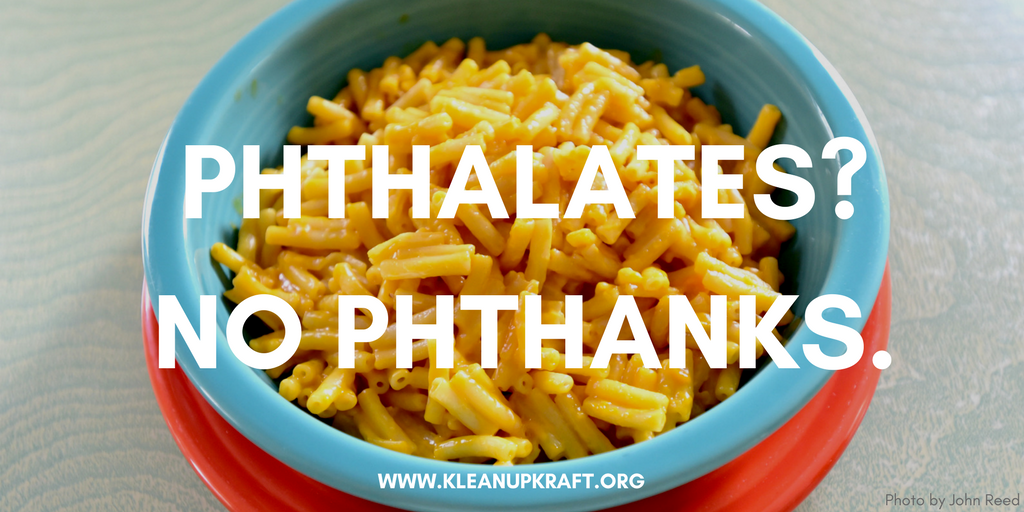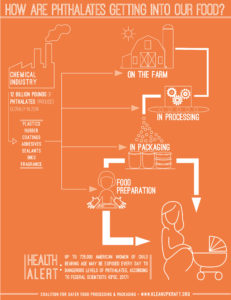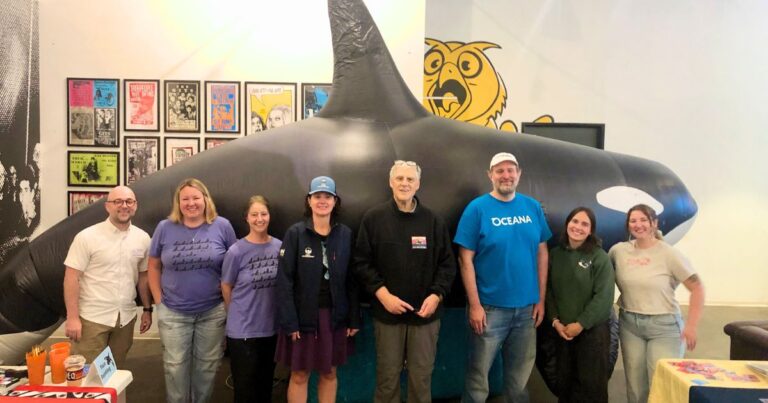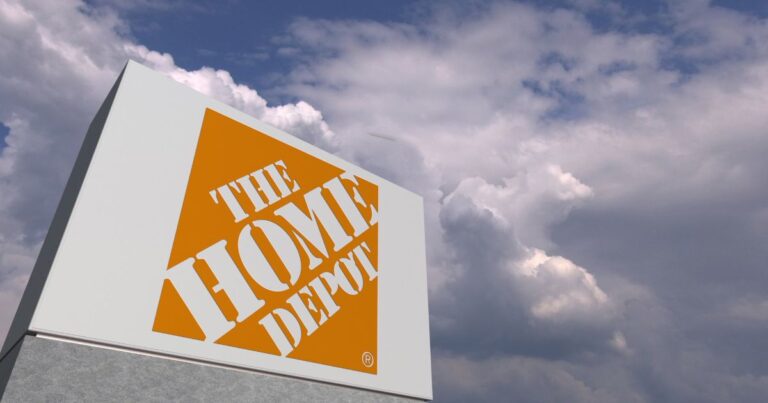Mac n’ cheese is a simple dish, inexpensive, and most importantly, a kid-pleaser. It’s saved me many a lunch, and the occasional dinner, when my husband and I are too busy or exhausted to fix an elaborate meal for the family. But now I’ve learned that the powdered cheese can contain industrial toxic chemicals called phthalates that experts say could be harmful to young kids and developing fetuses. Knowing this, I’m rethinking my dinner choices until food companies clean up their act.
New research found phthalates in the powdered cheese of all 10 varieties of mac n’ cheese tested by researchers. The levels were on average four times higher, on a fat basis, than in hard cheese blocks and other natural cheese. Yikes! But what’s even worse is that one type of phthalate that has been banned in toys – DEHP – was found in every cheese powder tested.
It’s not just mac n’ cheese powder. The study looked at 30 cheese products, including hard cheeses, and found phthalates in 29 of 30 varieties. But mac n’ cheese had the highest levels.
One of the biggest sources of exposure to phthalates is through our food. Phthalates are linked to reproductive birth defects in baby boys, and harm to the developing brain that can lead to learning challenges and behavioral problems. I don’t want these chemicals in the food I feed my kids!
Why are phthalates in cheese products?
Researchers know that phthalates are coming from the processing equipment, food packaging, and food prep materials used by food companies.
While some phthalates are banned in toys and a few other consumer products, they are not banned in food. This means food companies haven’t had to test for, or even consider, whether phthalate chemicals are in their products.
What can you do?
Families shouldn’t have to worry about these chemicals in their food. When my family sits down to eat, I want to serve them beloved mac n’ cheese without concerns that their food contains toxic phthalates.
It’s not just a matter of switching to other food options. For some families, that isn’t an economically viable choice. With over two million boxes of mac n’ cheese sold daily in the United States, it isn’t likely most families will switch from this popular dish.
This is why I’m joining with a coalition of national and state environmental health groups, including Toxic-Free Future, to ask the Kraft Heinz Company, the largest seller of mac n’ cheese, to protect American families by eliminating sources of phthalates in their cheese. I’ve signed a petition, and you should too.
As the market leader, Kraft has the power to transform the marketplace by eliminating sources of phthalates in their cheese products. It’s smart business and would respond to growing consumer demand for food without toxic chemicals. They’ve already reduced artificial food coloring, they can do it with phthalates too.
So the next time you go to boil water for mac n’ cheese, don’t get boiling mad, just sign the petition to demand Kraft eliminate sources of phthalates in their cheeses.

Chris Kindem lives in West Seattle with her husband and two children. A long-time teacher, she grew up in Oregon and Ethiopia and is very active in her church, Peace Lutheran.





